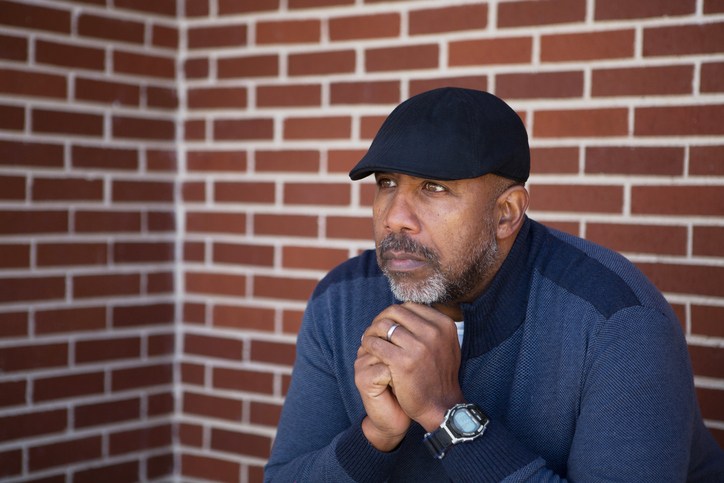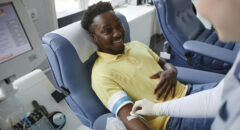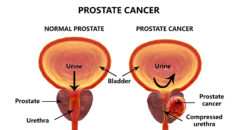 Once prostate cancer spreads to other parts of the body, including the bones and lymph nodes, it becomes incurable.
Once prostate cancer spreads to other parts of the body, including the bones and lymph nodes, it becomes incurable.
But advanced prostate cancer doesn’t necessarily mean a death sentence. The disease can be kept under control for years at a time with the proper management of symptoms, according to Prostate Cancer UK.
This type of therapy is called palliative care. It’s designed to manage pain through emotional, physical and spiritual support.
Here is a list of symptoms for metastasized prostate cancer and ways to treat the pain.
Urinary problems
If the cancer has advanced to areas around the urethra and bladder, it’s possible that you’ll begin to experience incontinence, blood in the urine, difficulty urinating or kidney problems. A leaky bladder, or incontinence, happens when the cancer grows in the bladder or in the surrounding muscles.
To manage this, you can buy absorbent pads and pants, get a prescription for an anti-cholinergic, try pelvic floor exercises, or ask your physician about a catheter as an option.
Bloody urine may be directly linked to the blood clotting medication you take. Radiotherapy may be able to stop the bleeding.
If you’re having difficulty urinating, you may need the catheter to drain your bladder or medication called alpha-blocker to relax bladder muscles.
If the cancer is so advanced that it’s blocking the urinary tract to and from the kidneys, you may need a nephrostomy, where a draining tube and bag are placed on your body, or a stent to allow the flow of urine.
Bowel problems
If the cancer is advancing to the rectum area, this can lead to a variety of complications – including diarrhea, fecal incontinence, constipation, rectal urgency and stomach and back pain. Your diet can help these issues.
For constipation, try adding foods high in fiber to your daily meals, such as whole grain bread and breakfast cereals, fruits and vegetables.
For diarrhea, do the opposite – cut down on fibers like pasta and bread, potatoes and eggs.
Sexual problems
It may be difficult to get an erection if your cancer has advanced to the point where you’re undergoing radiotherapy, hormone therapy or surgery. However, one cause of erection is state of mind. If you’re feeling low or defeated by cancer, that can affect your mood and ability in bed. Therapy can help this.








